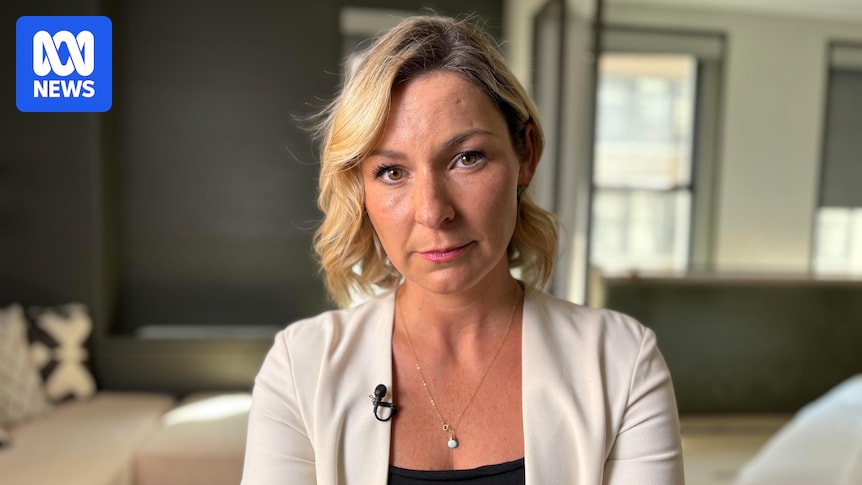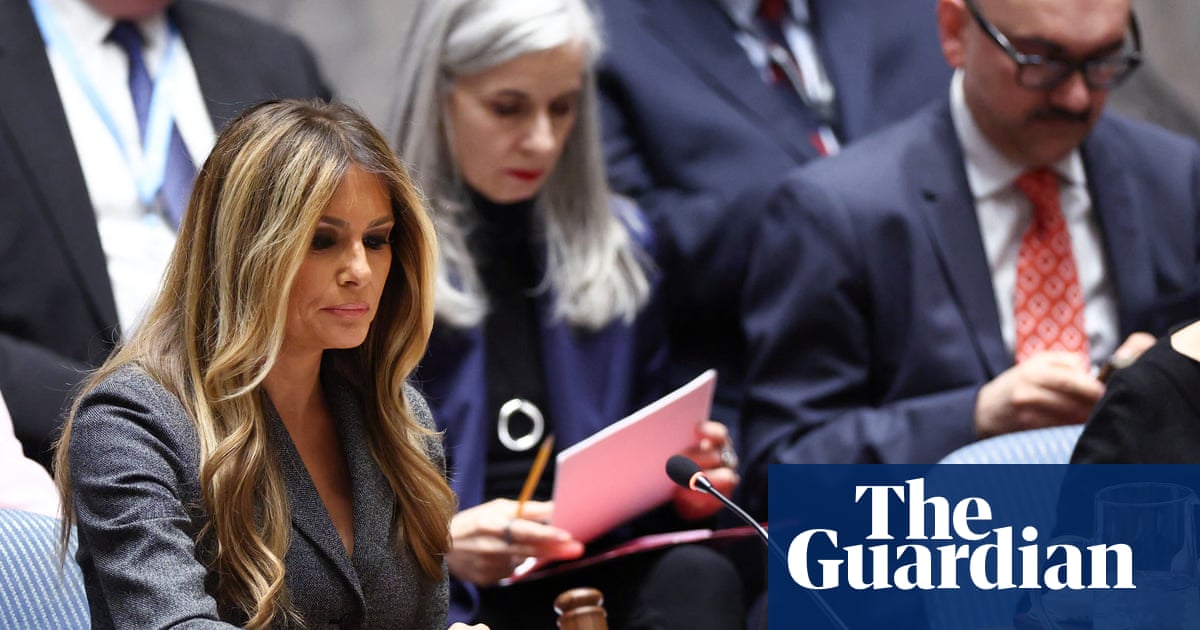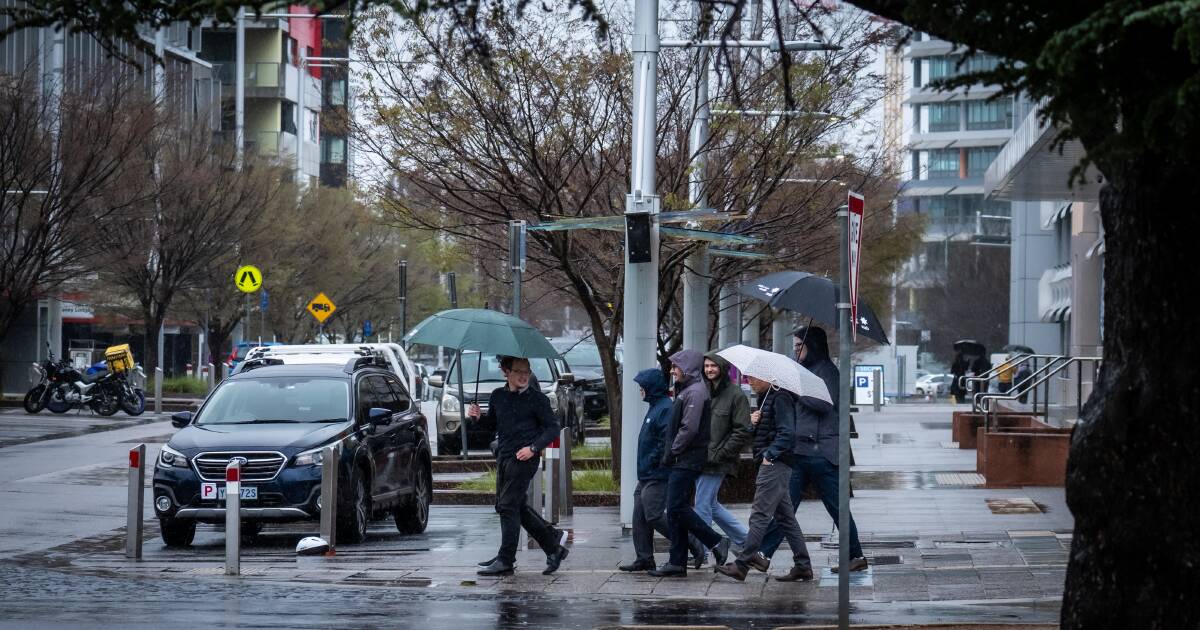
Danielle Bensky was just 17 when she was approached at a New York nightclub with an offer that seemed too good to be true. A woman asked if she would be interested in massaging her client, a wealthy financier named Jeffrey Epstein. Bensky, an aspiring ballerina working odd jobs to support her ballet school tuition, saw this as an opportunity to earn extra cash.
“He’s lovely, he has a big mansion, he’s very wealthy,” Bensky recalled being told. Unaware of the dark reality awaiting her, she and a friend went to Epstein’s Upper East Side mansion. What began as a seemingly innocent meeting quickly turned into a nightmare. Within months, Bensky became one of the many victims of Epstein’s sexual abuse, suffering multiple assaults each week for over a year.
Now 38, Bensky is one of hundreds of women who have come forward to share their stories of abuse at the hands of Epstein, whose scandal continues to cast a shadow over the political landscape and captivate national attention.
The Leverage of Desperation
During the time of her abuse in 2004, Bensky’s mother was diagnosed with a brain tumor, and the prognosis was grim. Desperate for help, Bensky turned to Epstein, believing he had expertise in neuroscience. Instead, Epstein used this vulnerability against her.
“He sat me down and said, ‘OK, so what will you do for this?’ And my heart sank,” Bensky recounted. “He gave me an ultimatum: recruit more girls or face the consequences.”
Epstein’s threats extended to withholding medical treatment for her mother if Bensky refused to comply. Despite the pressure, Bensky resisted recruiting other girls. Her mother eventually underwent a 19-hour brain operation in 2005, and once she was recovering, Bensky ceased her visits to Epstein’s mansion.
Political Ramifications and Public Outcry
Epstein’s death in a prison cell in 2019, while awaiting trial for sex trafficking minors, has fueled numerous conspiracy theories. The case has become a political flashpoint, particularly among supporters of former President Donald Trump, who have long demanded transparency regarding Epstein’s death and criminal activities.
Trump, who promised to release Epstein-related files during his presidential campaign, has faced criticism from his base for what some perceive as a lack of action. The controversy intensified when Attorney-General Pam Bondi distributed binders labeled “The Epstein Files Phase I” to conservative influencers at the White House. However, much of the information was already public, leading to accusations of incompetence.
“The base feels stung because we have not been told the truth,” said conservative podcaster Liz Wheeler. “The American people feel that this is injustice.”
Calls for Transparency and Legal Battles
The Department of Justice and FBI have stated that there is no incriminating “client list,” yet the demand for transparency persists. Efforts to release grand jury transcripts related to Epstein’s prosecution have been blocked by a federal judge, citing legal guidelines.
Meanwhile, Trump’s legal battles have extended to the media. He recently sued Rupert Murdoch and The Wall Street Journal for $10 billion over a story scrutinizing his relationship with Epstein. The lawsuit underscores the tension between Trump and the media, with journalist Sarah Ellison describing it as “an own goal” by the Trump administration.
Survivors Seek Justice and Closure
Amid the political and legal turmoil, survivors like Bensky continue to seek justice and closure. She has returned to her passion for dance, working as a choreographer, despite the challenges of overcoming her trauma.
“It’s a human story. It’s not about politics, it’s about being seen and heard,” Bensky emphasized. “We need accountability and the truth to be told.”
The Epstein saga remains a complex web of personal tragedy and political intrigue, with many questions still unanswered. As survivors and advocates push for greater transparency, the nation watches closely, hoping for justice and resolution.







